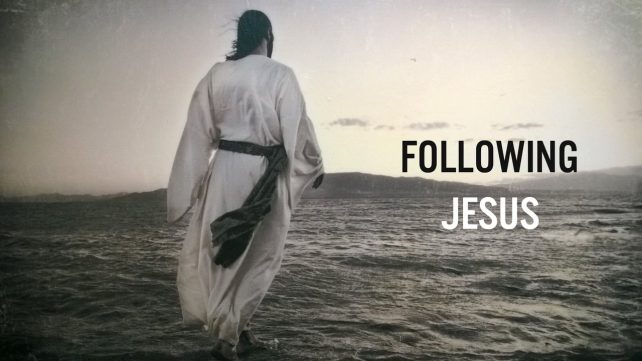On The Office there is a character named Angela – it’s apparent she’s a Christian. It’s not apparent through her sharing her faith or attending church, rather it’s because she’s so judgemental about certain things, the producers have drawn a caricature of a real phenomenon where many Christians don’t know how to reconcile work and their beliefs.
At its worst, this confusion can come out as prejudice, anger or manipulation. Or it can be inappropriate and insensitive attempts to convert everyone they work with.
Instead, sometimes Christians will withdraw. They can either quit working in their industry, feeling the only way to be true to their faith is to work at a Christian ministry. Or they might find a company where all their co-workers are Christian. Or, Christians might compartmentalize their lives and give up their beliefs Monday-Friday, and only live out their faith on Sundays.
Neither extreme is good. In one Christians withdraw from the world that God created. In the other, they see their contribution only as moral police and evangelists.
What if God is calling us to do good work in his world? What if God is calling us to be serving others and creating – not just in Christian ministries, but in industry, education, art, media, business, civil service and more?
How could you tell the difference between a Christian doing God’s work, then, and anyone else? What difference does being a Christian make? Clue in this short little bit of a Psalm, a kind of musical poetry in the Bible:
Unless the LORD builds the house, those who build it labor in vain.
Unless the LORD watches over the city, the watchman stays awake in vain.
It is in vain that you rise up early and go late to rest, eating the bread of anxious toil; for he gives to his beloved sleep.
Psalm 127:1-1 ESV
We come back to foundations…something we looked at in last series. The image is of two subcontractors – say two carpenters, perhaps even working for the same general contractor. Or the second image: two soldiers guarding a base. They could both be in the same country, same regiment, same platoon. The difference is one works for God, and the other works for something else. You can imagine the possibilities, they could simply work for the company, dad, greed, comfort and security in life, ego, etc.
That kind of work, the Psalm says, is in vain. It’s an exercise in frustration.
When we think the world revolves around us, we can’t stop. Can’t rest. Up early, go go go, late to bed. Not because there’s something to be done, but something to be proven.
But the one who works for God first, and humans and himself second, does work with purpose – it’s not in vain. Most tellingly, it leads to the kind of satisfied rest in knowing you’ve done your part, and the world doesn’t revolve around you. “God gives his beloved sleep.”
We’ll explore tomorrow how work, of various kinds, can be “for God”.
Question: What kind of work have you done that felt like it was “in vain”? How did it feel useless?
Ryan Sim - September 28, 2016
Day 15 - What words should we pray? Others' Words
From Series: "Following Jesus"
A follow up to our Christianity 101 course, that looks at HOW to live as a follower of Jesus.

